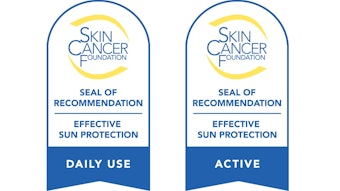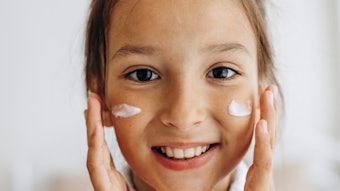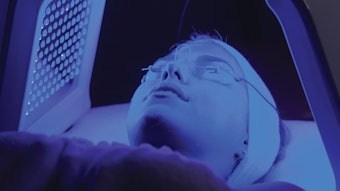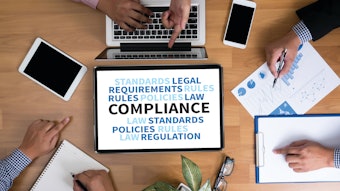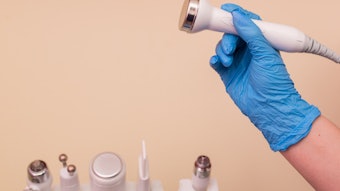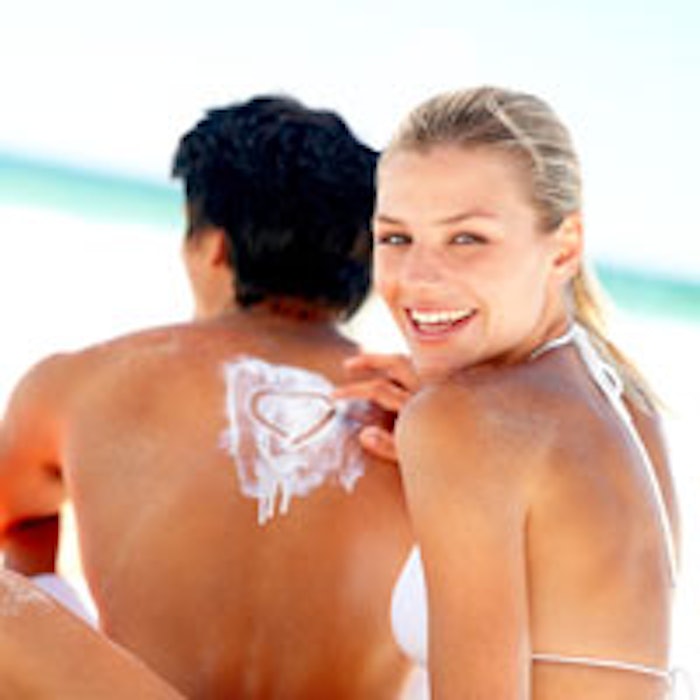
"In a matter of days, Americans will begin the official start of the summer season by celebrating Memorial Day at beaches, pools and parks. Before they walk outside, we want them to apply sunscreen to protect themselves and their families from the damaging effects of sun exposure. Sunscreen products, when used as directed and as part of an overall safe sun regimen, are safe and help reduce the risk of skin cancer, premature skin aging and other damaging effects of the sun.
"Despite the extensive and growing body of credible science demonstrating the safety, efficacy, and health benefits of sunscreens, the Environmental Working Group (EWG) continues to promote false and misleading assertions about sunscreen products and their ingredients. Once again, the EWG report lacks the rigor and reliability of formal, expert scientific evaluation and is not peer-reviewed. Our concern is that confusing, unsubstantiated claims could actually serve to discourage consumers from using sunscreen on themselves and their children.
"The Centers for Disease Control, the American Academy of Dermatology (AAD), the Skin Cancer Foundation and health care professionals around the world all emphasize the safety of sunscreens and the importance of their use as part of a safe sun regimen. The dangers of sun exposure are clear and universally recognized by public health professionals and dermatologists. The National Institutes of Health 'Report on Carcinogens' identifies solar UV radiation as a 'known human carcinogen.' A single bad burn as a child is known to increase the skin's susceptibility to damage and skin cancer throughout life.
"Unfortunately, the American public still has a long way to go before we treat sunscreens the way we treat seat belts. We want to get to a place where people are sun smart every time they step out of their door, automatically applying sunscreen – rain or shine, summer or winter – as well as wearing protective clothing and seeking shade when possible.
"Among the many allegations made in the EWG report that contradict scientific consensus is the claim that retinyl palmitate, or vitamin A, is unsafe for use in sunscreen.
In fact, retinyl palmitate has been used safely in personal care products, including sunscreen, for many years and is also approved by the FDA for use as a food additive.
"The EWG report also questions the safety of oxybenzone. Oxybenzone is an FDA approved over-the-counter sunscreen active ingredient. It provides broad-spectrum protection from both UVA and UVB rays. In addition to the FDA, Health Canada and the European Union Cosmetic Ingredient Authority have approved the use of oxybenzone as a safe and effective sunscreen ingredient. Contrary to EWG's claims, the global safety profile for oxybenzone is comprehensive and robust, and current scientific research shows no connection between oxybenzone and endocrine or hormone disruption.
"The EWG report raises a question about the safety of sunscreen sprays and powders. In fact, in its proposed rule, FDA simply requested further information on the use of this unique dosage form and proposed a few labeling changes. Until FDA makes its final decision, the agency is allowing these important dosage forms to remain on the market.
"EWG's lack of understanding of SPF is demonstrated in their assertion that SPF refers only to UVB protection. In fact, an SPF number can account for up to 20% UVA protection, especially in the higher SPF ranges.
"Our goal is to help consumers to make informed decisions, and use sunscreen as an important part of an overall safe sun regimen. Sunscreen is a crucial step in the fight against skin cancer and premature skin aging. Our hope is that sun protection will become as much of a habit as putting on your seatbelt."
References:
- National Institutes of Health "Report on Carcinogens" – Identifies solar UV radiation as a known human carcinogen. www.nih.gov/news/pr/may2000/niehs-15.htm
- Mayo Clinic – A single bad burn as a child is known to increase the skin's susceptibility to damage and skin cancer throughout life. www.mayoclinic.com/health/skincancer/DS00190/DSECTION=risk-factors
- The Journal of Investigative Dermatology published a clinical study with whole body application of a commercial sunscreen product with 10% oxybenzone, no product-related changes to hormone levels were observed. Journal of Investigative Dermatology, 123:57–61, 2004.
- U.S. National Toxicology Program – Studied oxybenzone and found no indication from the data that the ingredient is endocrine disruptive. ntp.niehs.nih.gov/?objectid=071CEFFD-E2C3-E8A8-786A3758F293EFBD
- U.S. Food and Drug Administration (FDA) – Reviewed and approved oxybenzone as a sunscreen ingredient since 1978 and continues to recognize it as safe and effective. www.fda.gov
- European Union Cosmetic Ingredient Authority – "Based on the actual scientific knowledge, the SCCNFP is of the opinion that the organic UV-filters used in cosmetic sunscreen products, allowed in the EU market today, have no estrogenic effects that could potentially affect human health." ec.europa.eu/health/scientific_committees/consumer_safety/opinions/sccnfp_opinions_97_04/sccp_out145_en.htm
- Health Canada – Has reviewed and approved oxybenzone as a safe and effective sunscreen ingredient. www.hc-sc.gc.ca/dhp-mps/prodnatur/applications/licen-prod/monograph/mono_sunprotect_ecransolaire-eng.php
- American Academy of Dermatology (AAD) https://www.aad.org/stories-and-news/news-releases/sunscreen-remains-a-safe-effective-form-of-sun-protection Skin Cancer Foundation www.skincancer.org/prevention/sun-protection/sunscreen/if-recent-attacks-on-sunscreen-concern-you
For more information on cosmetic and personal care products, please visit www.CosmeticsInfo.org, as well as the Council's YouTube channel featuring videos from our Skin Smart series. The Council's responses to prior EWG reports can also be found at 2011 and 2012.
Based in Washington, D.C., the Personal Care Products Council is the leading national trade association representing the global cosmetic and personal care products industry. Founded in 1894, the Council's more than 600 member companies manufacture, distribute, and supply the vast majority of finished personal care products marketed in the U.S. As the makers of a diverse range of products millions of consumers rely on every day, from sunscreens, toothpaste and shampoo to moisturizer, lipstick and fragrance, personal care products companies are global leaders committed to product safety, quality and innovation.

